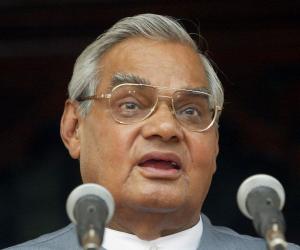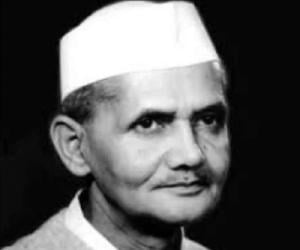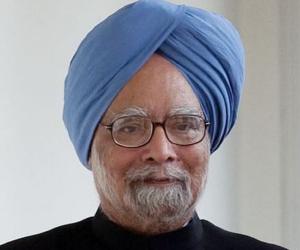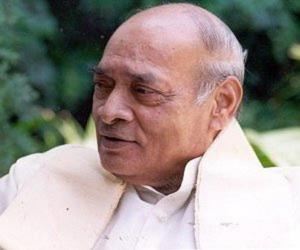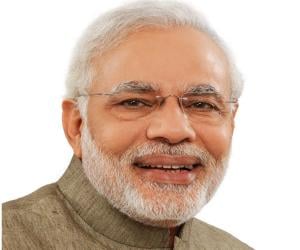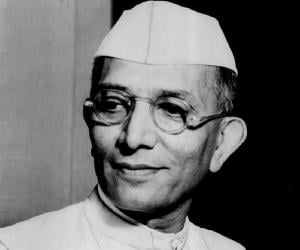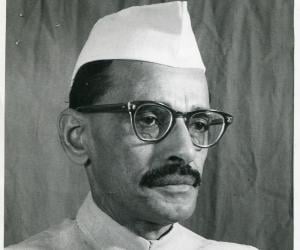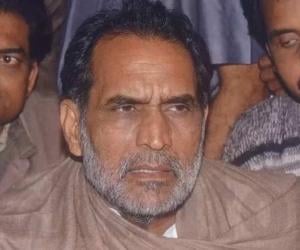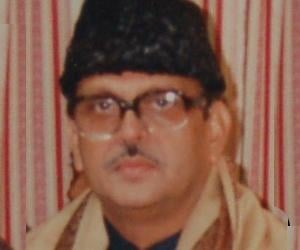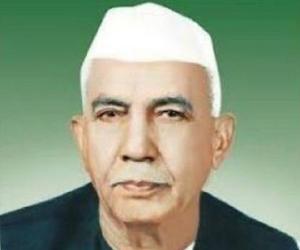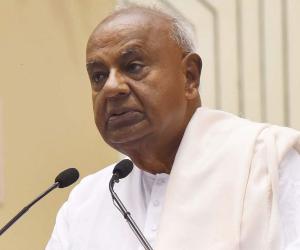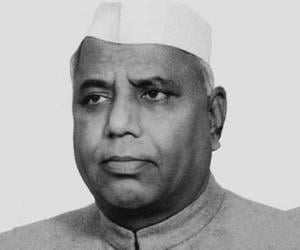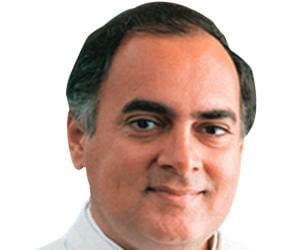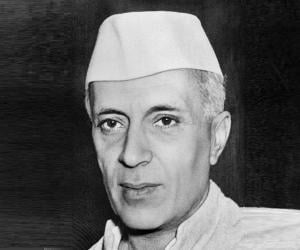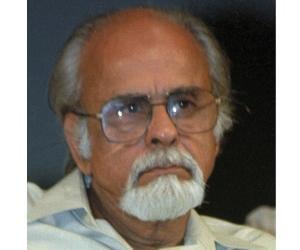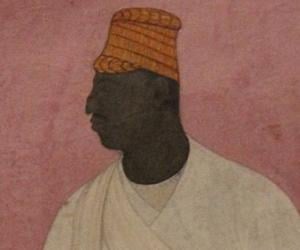1
Indira Gandhi
(3rd Prime Minister of India)
Birthdate: November 19, 1917
Sun Sign: Scorpio
Birthplace: Prayagraj, Uttar Pradesh, India
Died: October 31, 1984
Indira Gandhi was India's first and only female prime minister, serving two terms from 1966 to 1977 and from 1980 until her assassination in 1984. A central figure in Indian politics, she led the Indian National Congress party and held various ministerial positions before becoming prime minister. Known for her uncompromising political stances and centralization of power, she oversaw key events such as the conflict with China, the war with Pakistan resulting in the independence of Bangladesh, and India's first successful nuclear weapon test. Gandhi faced criticism for authoritarian rule during the state of emergency and human rights violations.

